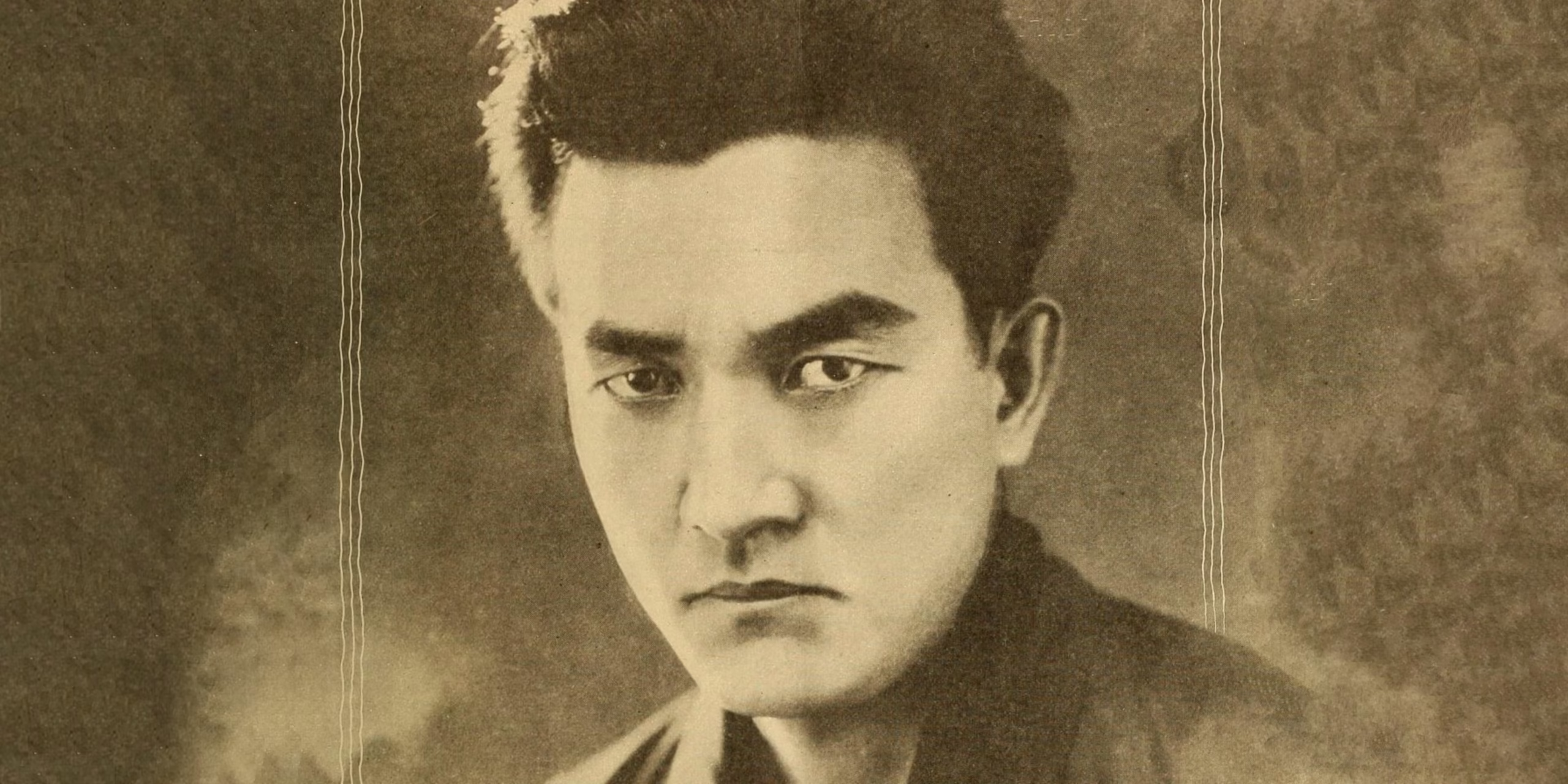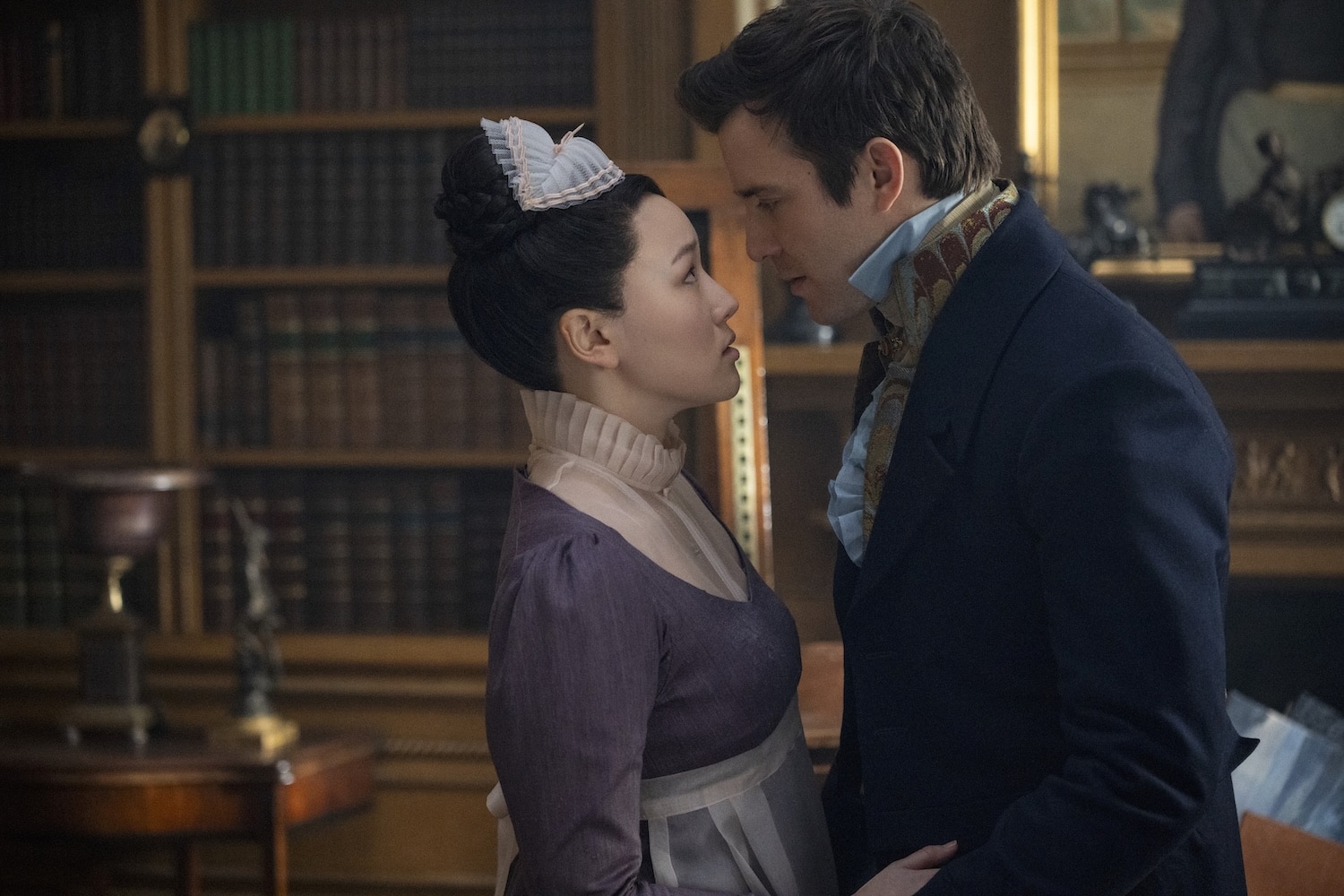The story of Sessue Hayakawa often sits in the shadowed corners of cinematic history, yet his star burned brighter than almost any other in early Hollywood. More than a century ago, before the anxieties of the 2020s over Asian men securing lead roles, Hayakawa was an absolute sensation. Women, according to film historian Daisuke Miyao, famously “threw their fur coats on the ground in front of him so he wouldn’t have to step in a puddle.” This was the reality of the man who became the industry’s first non-white international movie star.
Born Kintaro Hayakawa in Japan’s Chiba Prefecture, he came from a family of wealth; his father headed the local fishermen’s union. Young Kintaro wanted to live overseas, studying English to prepare. His family, however, intended for him to join the Imperial Japanese Navy. That goal was derailed when a dare led him to rupture his eardrum, failing the navy physical.
The resulting shame was immense. At eighteen, Hayakawa followed the tradition of his samurai lineage and attempted seppuku, stabbing himself over thirty times in a locked shed. A barking dog alerted his parents, and they rescued him. Following his recovery, his parents changed their plans and sent him to the US to pursue a career as a banker.
He landed at the University of Chicago, where legend says he played football and drew a penalty for bringing down an opponent with jujitsu. Eventually, he found his way to California, embracing the stage name Sessue. His career began after meeting influential producer Thomas H. Ince and actress Tsuru Aoki, whom he married in 1914.

Hollywood’s First Asian Sex Symbol
Hayakawa’s breakout arrived with Cecil B. deMille’s 1915 film, The Cheat. The movie hinted at interracial intimacy—a scandalous obsession for early Hollywood—by casting him as a Burmese businessman who reveals himself to be a sadist. This portrayal, despite its offensive stereotype of the “swarthy predator,” made American women obsessed with the actor.
The film historian Daisuke Miyao noted a critic’s assessment of Hayakawa’s fame, suggesting it lay in his appeal “to a latent female urge to experience sex with a beautiful but savage man of another race.” His popularity was undeniable. At his peak, he was a matinee idol earning a massive $7,500 a week, putting his fame on par with Charlie Chaplin.
But the industry’s anti-miscegenation laws and its appetite for racialized villains kept him from fulfilling his full potential. Hayakawa scholar Stephen Gong of the Pacific Film Archive summarized the tragic restriction of his romantic roles: “Every other plot contrivance leads to boy-gets-girl. This contrivance would lead to boy-does-not-get-girl.
The Fight for Fair Roles
Despite his stardom, Hayakawa faced a wall of limiting roles. He was a foreign-born man, heavily eroticized, but constantly confined to the role of the attractive villain. His dissatisfaction grew. He told a fan magazine the year after The Cheat‘s release that the roles he was playing “are not true to our Japanese nature….They are false and give people a wrong idea of us.”
In a stunning move, Hayakawa founded his own company, Haworth Pictures, in 1918. He turned down the lead role in The Sheik—the part that would make Rudolf Valentino a superstar—to focus on producing his own material. Between 1918 and 1922, Haworth released twenty films, including The Dragon Painter, which the Library of Congress later deemed “culturally, historically, or aesthetically significant” in 2014. It was set in Japan with Japanese characters, attempting to move beyond the tropes that “exploit the fear that Asian men were out to compromise the purity of American women.”
Read More: Frank Soo: England’s First Asian Heritage Footballer Finally Honoured at Wembley
His performances brought a unique quality to silent film. Instead of the exaggerated gestures common at the time, Hayakawa brought a quality of Zen and the philosophy of mushin, or “no-mindedness,” to his work, which both critics and audiences loved.
Forced Exile and a Late Triumph
As an increasingly militant Japan emerged in the 1920s, Hayakawa’s career in Hollywood suffered, with many Asian roles going to white actors in “yellowface.” He moved to Broadway and, more successfully, to Europe, performing in London and Paris. He even performed a one-act play for Great Britain’s King George V and Queen Mary.
He returned to Hollywood in 1931 for his first sound film, Daughter of the Dragon, but his accent became a hurdle, and he soon found himself back in Europe. He was trapped in France after the 1940 Nazi occupation, subsisting by painting watercolors, a consequence of having gambled away a large fortune. US authorities investigated him after the war for possible collaboration but cleared him, finding he did not contribute to the enemy war effort.
Read More: Titanic Survivors: The Untold Story of Six Chinese Men and the Racism They Faced
When he finally returned to America, the industry had passed the Production Code, which banned all film depictions of interracial relationships. This ensured Hayakawa would remain cast in the “honorable villain” typecast. Reflected on his career in 1949, Hayakawa admitted, as recorded by Army Archerd in Variety, “‘My one ambition is to play a hero.'”
That dream was never fully realized. Yet, more than four decades after his career began, his high point arrived with The Bridge on the River Kwai (1957). His role as Colonel Saito earned him nominations for both a Golden Globe and an Oscar for best supporting actor.
Hayakawa’s life ended far from the spotlight he once commanded. After his final performance in 1966, he retired and became an ordained Zen master. He passed away in Tokyo in 1973. Film scholar Karla Rae Fuller summarized the injustice of his forgotten history: “The fact that he reached such a rare level of success whereby he could form and run his own production company makes his omission from the narrative of Hollywood history even more egregious.”









